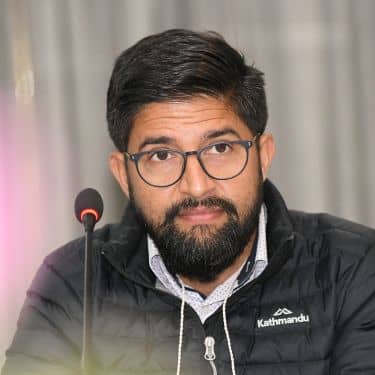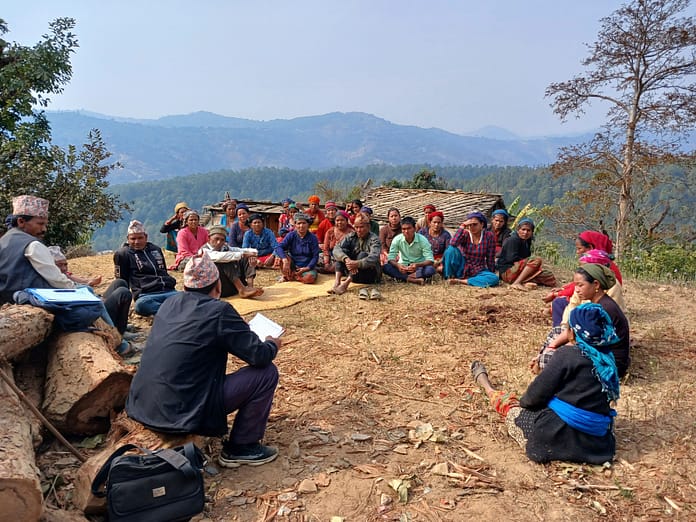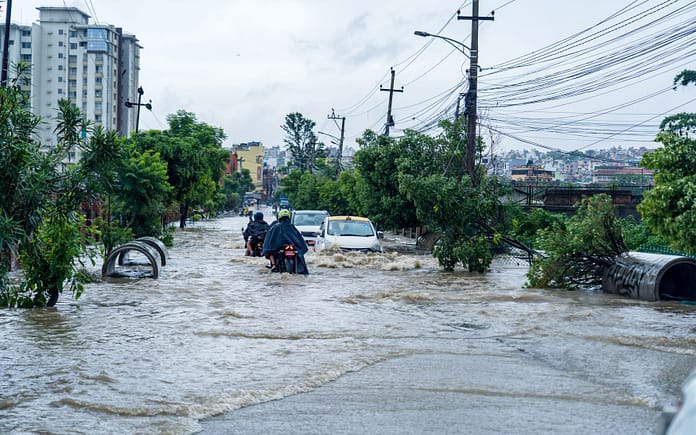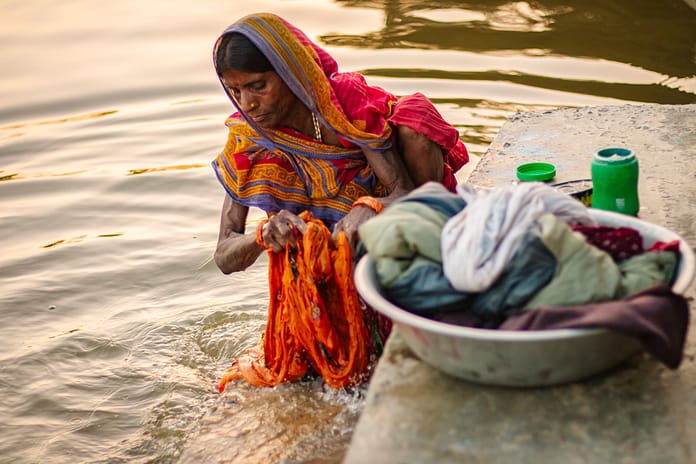
Santosh Nepal
Researcher - Water Resources and Climate Change
Areas of expertise
mountain hydrology cryosphere hydrological modeling Climate change multi-scale integrated river basin management watershed management upstream-downstream linkages water resources management water-energy-food-environment nexus science policy and practice capacity building regional cooperationSantosh has more than 16 years of professional experience in hydrological assessment, climate change and water resources management at different scales in river basins. Most of his past work was around South Asia, particularly in the Hindu Kush Himalayan region. During these years, he worked with many national and international organizations such as the Commonwealth Scientific and Industrial Research Organisation (CSIRO), UK Met Office, University of Jena, Utrecht University, Chinese Academy of Sciences, and Indian Institute of Technology, and with universities from South Asia and government line agencies. Santosh worked as a Water and Climate Specialist at the International Centre for Integrated Mountain Development (ICIMOD) and also served as Group Leader for Climate Change Hydrology (2012–2022).
Previously, he worked as a Researcher at the Friedrich Schiller University of Jena, Germany (2012); Research Associate at ICIMOD (2007–2009); on environmental impact assessment at Butwal Power Company, Nepal (2005–2007); and consultant to the World Bank/Poverty Alleviation Fund (2003–2004). He has a PhD in hydrology and climate change from the Friedrich Schiller University of Jena, Germany (2012), and two master’s degrees in Environmental Management (2003) from the Pokhara University, Nepal, and Anthropology (2005) from Tribhuvan University, Nepal. He has published on various environmental issues in prestigious journals, including Nature and Science. Santosh has also contributed to global and regional assessment reports, such as the Special Report on the Ocean and Cryosphere in a Changing Climate (SROCC) (2019) and the Sixth Assessment Report (AR6) (2022), both published by the Intergovernmental Panel on Climate Change (IPCC), and the Hindu Kush Himalaya Assessment report (2019).




